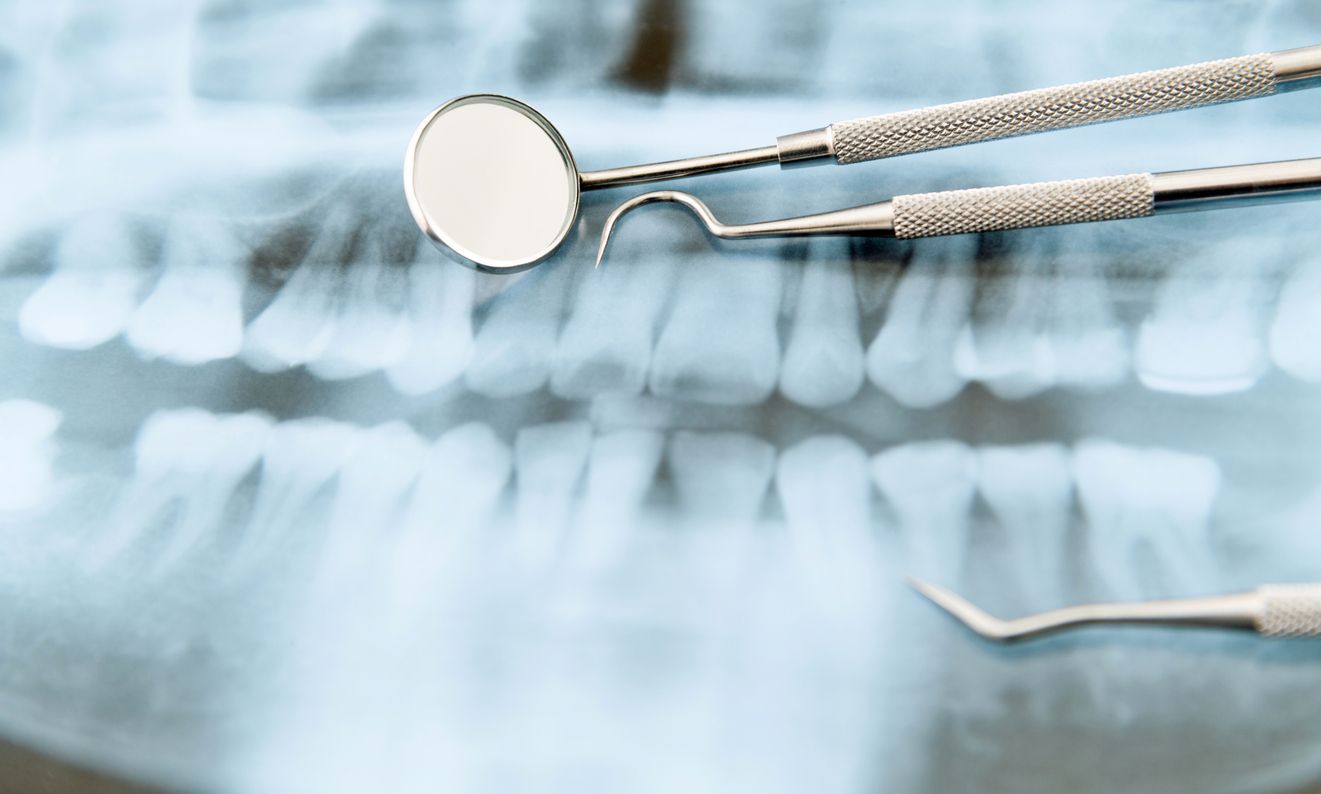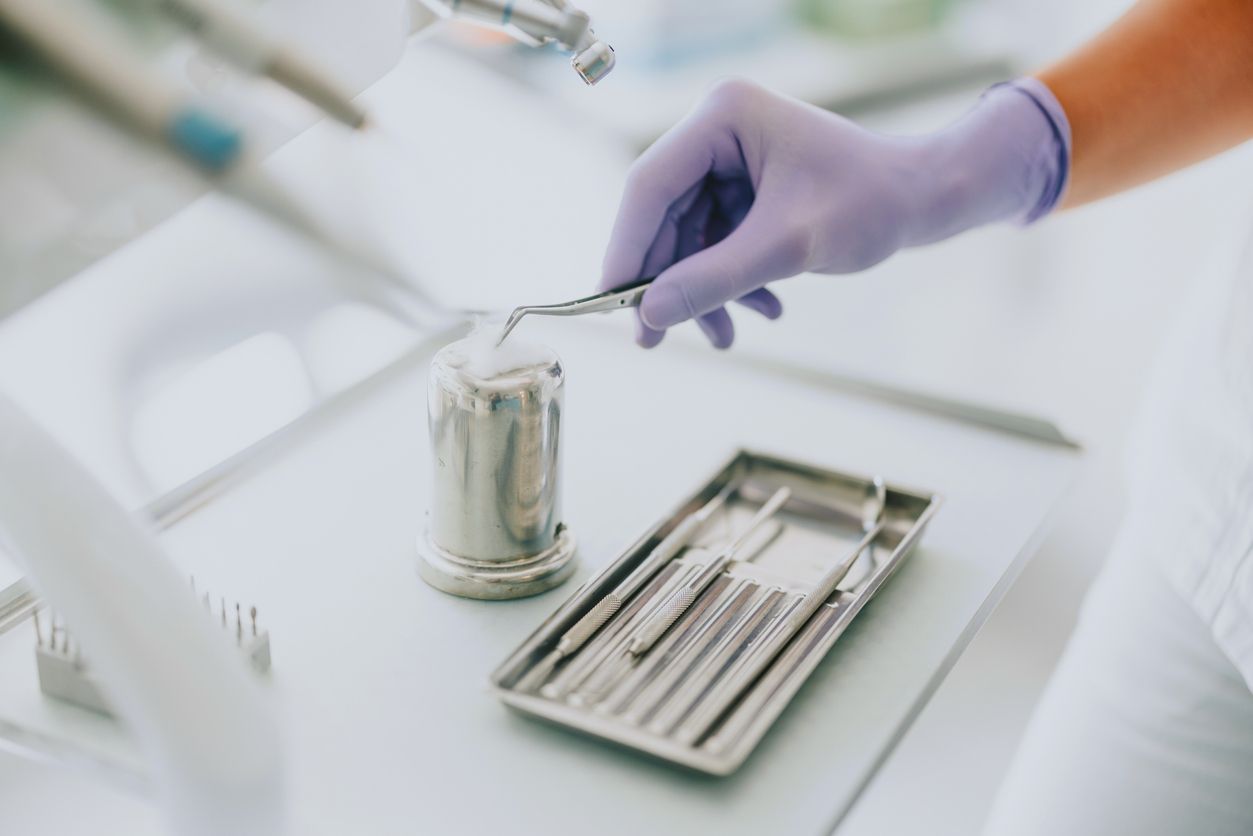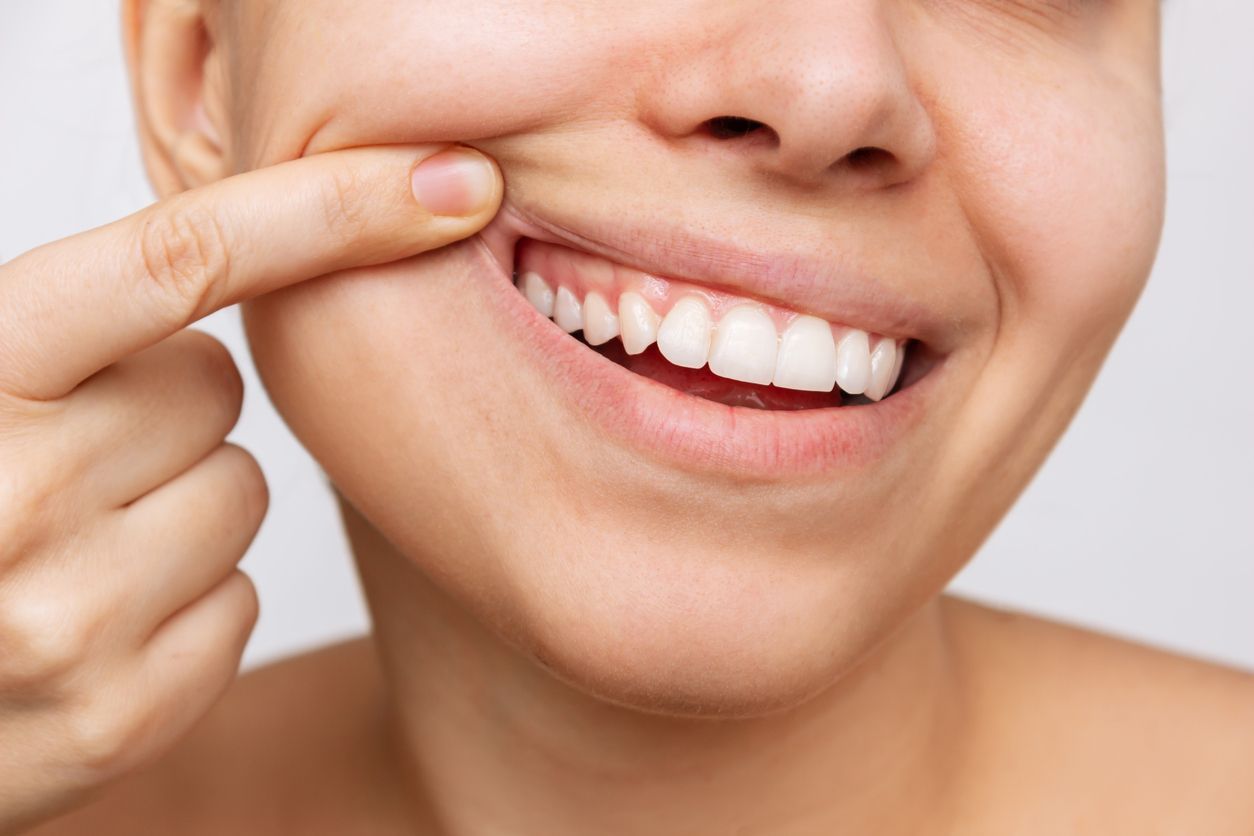Intermittent Fasting and Oral Health: Benefits, Risks, and Tips for a Healthy Smile
Intermittent Fasting and Your Oral Health – What You Need to Know
Intermittent fasting has become a popular lifestyle choice for many people — from the health-conscious to those looking for better focus, weight control, or overall wellness. But did you know it can also have an impact on your oral health? As someone who practices intermittent fasting myself, I’ve noticed real benefits for the mouth and gums — and I’ve also seen these effects in my patients.
The Oral Health Benefits of Intermittent Fasting
1. Reduced Bacteria in the Mouth
When you eat less frequently — whether you’re practicing time-restricted eating, extended fasting, or one meal a day (OMAD) — you reduce the number of times food and sugar come into contact with your teeth. This limits the amount of bacteria that feed on leftover food particles, helping maintain a healthier pH in your mouth and lowering cavity risk.
2. Lower Inflammation
Fasting helps reduce inflammation throughout the body — and that includes your gums. Many patients who incorporate fasting into their routine notice less gum swelling and bleeding over time.
3. Improved Gum Health
With less frequent eating, your gums have more time to recover between exposures to bacteria, reducing the chance for gum disease to progress.
Possible Drawbacks to Watch Out For
- Dry Mouth from Dry Fasting
If you practice dry fasting (no food or water) — such as during Ramadan or to accelerate ketosis — you may notice dry mouth. Saliva helps wash away bacteria, so less saliva can lead to bad breath, more tartar buildup, and higher
cavity risk.
- Nutrient Deficiencies
If your fasting diet is not balanced, you might miss out on essential vitamins like Vitamin C and Vitamin D, both of which are important for gum healing and tooth health.
- Post-Fast Sugar Spikes
What you eat after breaking your fast matters! Sugary drinks or sticky snacks can still lead to cavities, even if you only eat once or twice a day.
Tips for Protecting Your Teeth While Fasting
- Take your daily vitamins (especially Vitamin C and D)
- If dry fasting, maintain a consistent dental cleaning schedule (you may need 3–4 cleanings per year)
- After breaking your fast, brush your teeth or rinse your mouth to keep bacteria levels low
- Avoid sharing utensils or drinks, as bacteria can still spread
Bottom Line:
Intermittent fasting — when done correctly — can be a powerful tool for improving not just your overall health, but your oral health as well. With the right nutrition, hydration, and dental care, you can enjoy the benefits of fasting while keeping your smile healthy.
Ready to Book Your Appointment?
Now’s the perfect time to stay on top of your oral health. If it’s been a while since your last cleaning or set of X-rays, give us a call — we’re here to help you keep your smile healthy, confident, and bright.
(508) 270-5050
www.myAtlantisdental.com
223 Walnut St # 22, Framingham, MA 01702
Proudly serving Framingham, Natick, Ashland, Holliston, Southborough & Marlborough.










